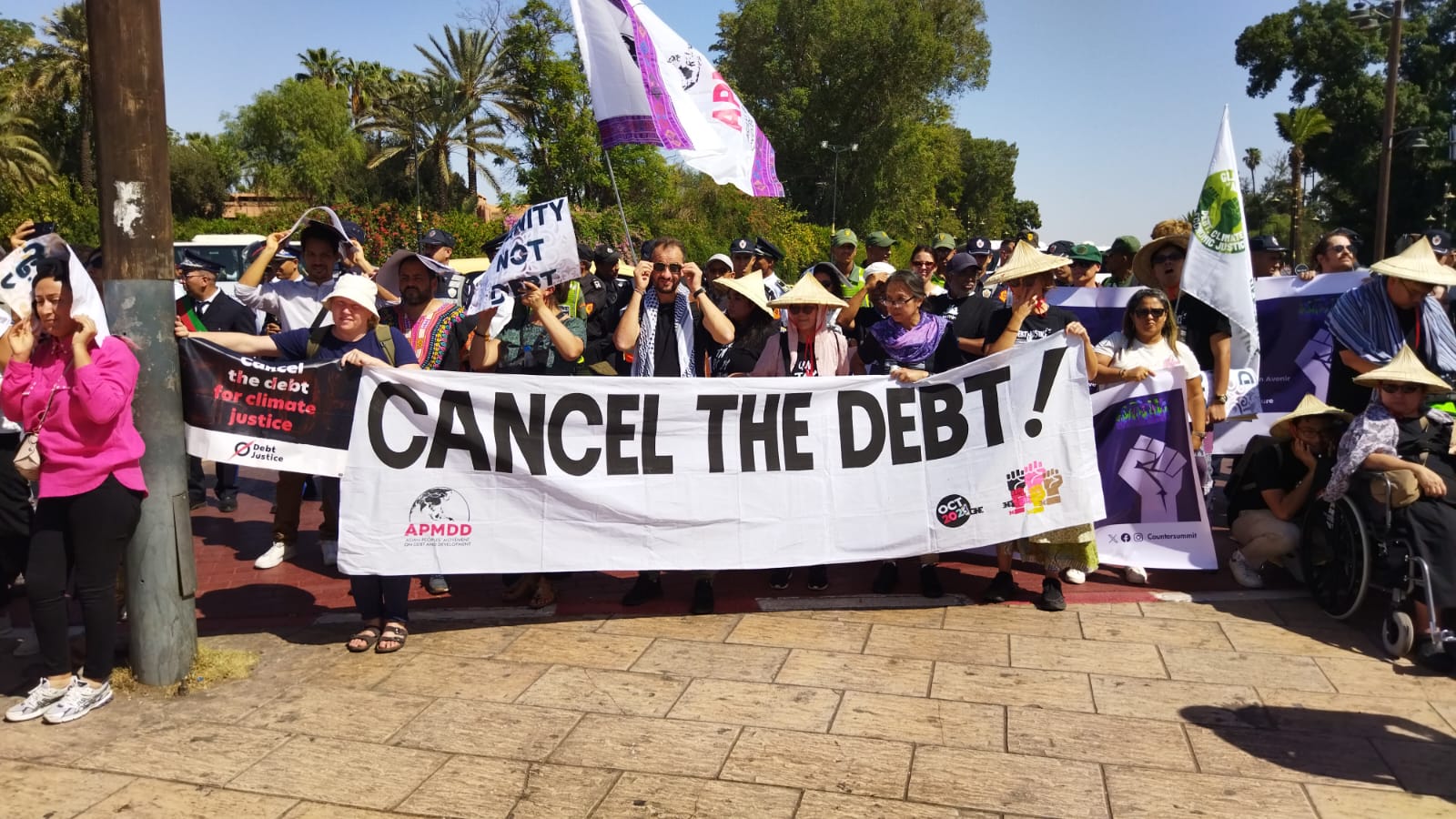An increasing number of countries in the Global South, and particularly in Africa, are already in debt distress or struggling to make sovereign debt payments and facing likely debt restructuring in the coming period. Debt, as well as related inequalities within and between countries, have been intensified by the pandemic, climate change, as well as the recent conflict in Ukraine. Following a playbook from the past few decades, the IMF, World Bank, and private creditors are again expecting our countries to prioritize debt repayment at the expense of public provision. As a result of corporate or elite capture of government decision-making on debt, the interests of finance capital are prioritized over human rights, the environment, and economic justice, with many citizens and communities further impoverished, marginalized, and never involved in the decision-making processes. This is a vital moment to deepen our shared analysis and build collective strategies for resistance and transformative change.
This political glossary of terms is meant to help communities and human rights advocates understand the narratives and framing of concepts and terms used in debt debates to help them participate meaningfully and also influence decision-making and policy formulation in these processes at the national, regional, and international levels.

